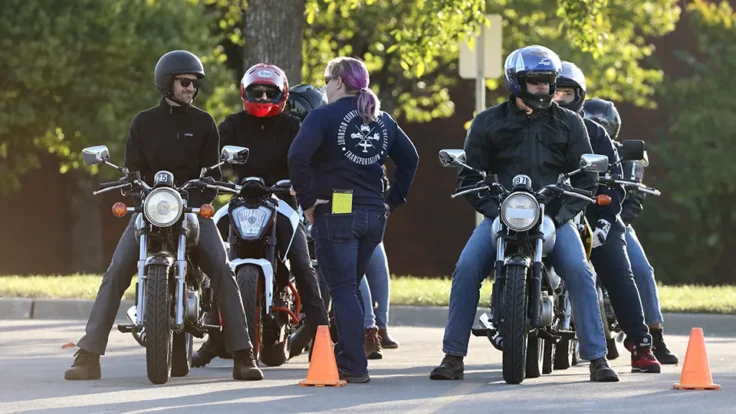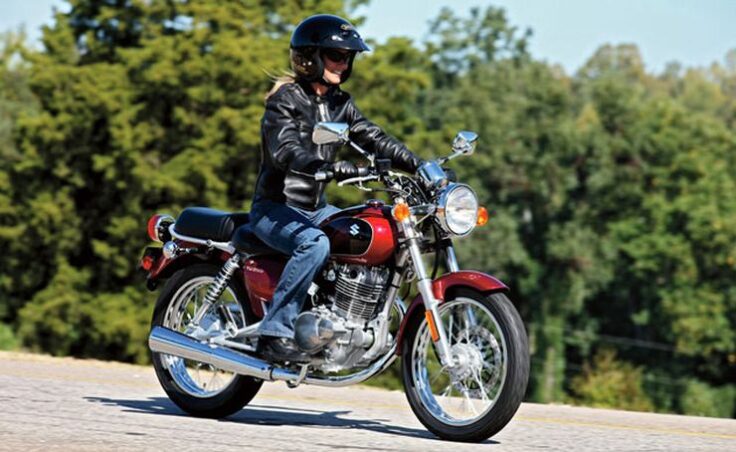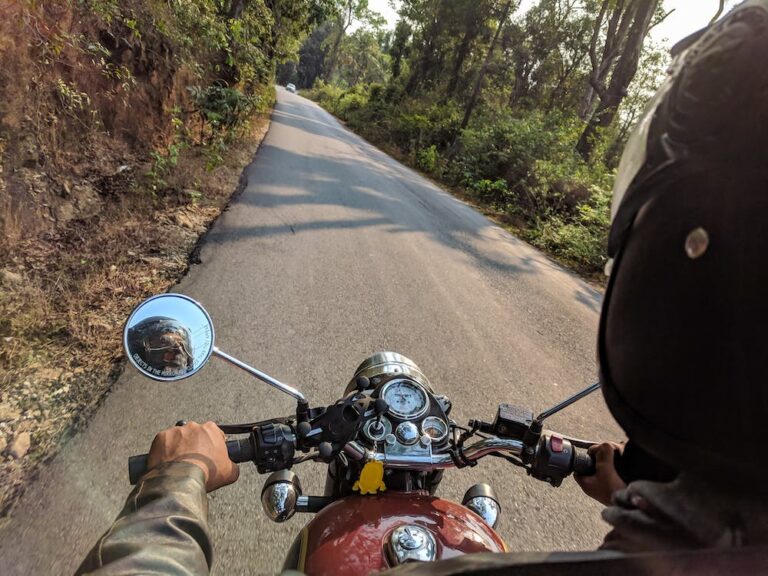Without a doubt, if you are a motorbike fan, you would wish to have the strength of a professional, zipping through traffic jams at supersonic speed without getting into any mishaps. Unfortunately, taking on the motorcycling challenge prematurely exposes you to the crippling terror of riding on the tarmac, let alone cruising at speeds only seen in cartoon films.
Although many individuals prefer to regard this anxiety as an obstacle to learning, the terror you have when introducing yourself to riding motorbikes is evidence of your safety concern. Too little anxiety could lead to irresponsibility, which exposes you to several dangers that might jeopardize your safety.
Like https://classtaker.net/ for your academics, guidance is essential to clarify the myriad of unknowns which inspire fear as you go about honing your riding skills. This article will highlight some tips for overcoming your fear of riding a motorcycle to help you develop your skills and enjoy the convenience of motorcycling.
Take motorcycle riding courses

Looking at professionals might make riding a motorcycle appear like a really easy undertaking. The idea that riding a motorcycle is simple as pie can be quickly spread by their fluid gear changes and seemingly unconscious navigation of numerous obstacles.
Yet, as soon as you get on the motorcycle and attempt to balance releasing the clutch at startup, you rapidly realize the numerous ways that things could go wrong. As a result, we advise that you enroll in a motorcycle riding course and progress from there to improve your riding abilities.
A course will teach you the fundamentals of riding a motorbike and assist you in learning the reasons behind many motorcycle accidents and how to avoid them. Also, enrolling in a course will boost your confidence, minimizing the second-guessing that frequently results in riders making mistakes as they navigate their routes.
If at all feasible, make sure that your training helps you get familiar with different traffic laws to protect both your safety and the safety of other drivers on the roads you will be using.
Get yourself proper motorcycle gear
It is not unusual to see motorcycle riders cruising at speeds that send chills down your spine while donning flip-flops, a short, and a vest. If you are a novice, you can’t help but consider the numerous ways that this careless behavior could injure them.
Ideally, make sure to have all the required equipment before you begin your motorcycle training. This will lessen your worry about things going wrong and enable you to improve your cycling skills with less anxiety.
Moreover, make sure your motorcycle is serviced on a regular basis to prevent any mechanical problems that could result in mishaps.
Find a safe space to practice

As with any skill, perfecting your motorcycle skills requires a lot of practice. If placed on a road with trailers and hurried traffic, many inexperienced riders can get overcome by terror.
Choose a less busy spot to practice in for this, and be prepared with all the necessary equipment to prevent harm from novice mistakes. Get a tutor to help you learn to ride a motorcycle if at all possible so that you can start out with proper riding habits.
When you’re ready to hit the road, begin slowly and gradually increase your cruising speed. As you increase your riding pace, you’ll be able to manage a variety of hazards with ease because of your improved control over your motorcycle.
Identify your source of fear
Many riders experience anxiety for a variety of reasons, from rational anxieties to irrational fears brought on by misconceptions and worst-case scenario assumptions. Take the time to discover the numerous reasons why riding a motorbike intimidates you before beginning your motorcycling lessons.
Then you can work with your tutor to deconstruct these ideas and comprehend how the blunders that are ingrained in your brain could have occurred. Your tutor can help you overcome your anxieties if they are aware of them by exposing you to smaller challenges along the way. Each time you overcome a challenge while studying, you will gain confidence in your motorcycling skills.
If you are reintroducing yourself to motorcycling, possibly after an accident, we urge that you seek competent assistance to overcome any mental barriers that could hamper your learning process. Yet, it is crucial that you don’t push yourself over your comfort zone because doing so could put you in a dangerous situation.
Start with a smaller bike

By making controls difficult and giving you access to terrifying displacement and torque, an intimidating bike only serves to increase your anxieties. Even worse, many high-end motorcycles could be heavy and have a longer wheelbase, which would make them more difficult to control.
To master your controls with a manageable learning curve, look for a starting motorbike with a light chassis, short wheelbase clearance, good braking systems, and significant engine power. Before you give in to the impulse to perform stunts fit for the big screen, spend some time learning the quirks of your bike.
Check through several reviews of the best motorcycles for beginners when evaluating the available bikes, then compare their features to find the one that most closely matches your preferences. These bikes not only speed up your learning but also aid your wallet because they are less expensive than their counterparts for professionals.
Ride with a friend
Cycling under the expert’s direct supervision will enable you to develop the knowledge and abilities necessary to navigate different hazards without repeatedly causing mishaps. As a result, we advise that you locate a riding partner who can provide you with advice each time you hit the road.
Over time, your friend can teach you crucial lessons, accelerating your learning and allowing you to spot mistakes as soon as you do them.
Final Take
It is normal to experience fear when going about a new adventure. However, nervousness could impede your mastery of motorcycling or cause you to forfeit your lessons altogether. We, therefore, suggest that you follow these tips to overcome your fear and manage the learning curve with ease.

